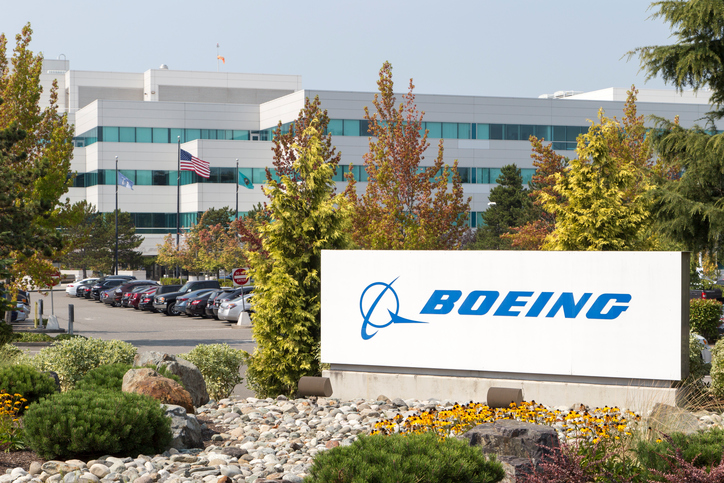Spirit AeroSystems beat Wall Street estimates for quarterly profit, as Boeing’s biggest supplier continued to make and sell parts for the planemaker’s grounded 737 MAX while demand for other aircraft held up.
Spirit, whose shares have fallen more than 20% since a fatal MAX crash on March 10, were up 1.7% in low volumes before the bell as revenue also rose a better-than-expected 9.8%.
Brokerage Jefferies said a rise in demand for parts for Boeing’s 777 and the Airbus A350 had helped boost revenue, as the MAX groundings slipped into the second half of 2019.
Spirit followed Boeing earlier this year in suspending its full-year outlook after the second deadly 737 MAX crash, but it has continued to churn out parts for the jet at a rate of up to 52 units per month, even as Boeing cut its own production to 42 per month.
As with other suppliers, if Boeing reduces the number of fuselages and other parts it orders from Spirit, the price of the parts goes up under contractual terms. In Spirit’s case, Boeing has opted to keep buying at a higher rate than the company itself is producing.
The Wichita, Kansas-based manufacturer, however, had been planning earlier this year to raise output to the equivalent of 57 planes per month, and the cancellation of that move in the face of the MAX’s grounding has left it carrying extra cost.
“Having costs for rate 57 but producing at a lower rate had a short-term negative impact on margins,” Chief Executive Officer Tom Gentile said on Wednesday, as the company outlined cuts in overtime and other costs to offset the MAX groundings.
“While we implemented these cost-reduction actions in the second quarter and are tracking to plan, the financial benefits will be realized beginning in the second half of the year,” Gentile added.
SUPPLIERS HIT
MAX’s other major supplier General Electric Co, which makes engines with Safran SA of France, said on Wednesday it had cut production of the LEAP-1B engines that power Boeing’s single-aisle jets to “meet the planemaker’s revised aircraft build rate”.
GE lost $600 million in cash flow due to grounding of the MAX, and said it would take a hit of $400 million per quarter in the second half of the year if the grounding continues.
Another MAX supplier United Technologies Corp last week reaffirmed that it still expects an impact of up to 10 cents per share on its full-year profit from the grounding.
Boeing Chief Executive Dennis Muilenburg has said he was confident the MAX would be back in service as early as October, but he has also warned that the company could consider further cuts or even the full suspension of 737 production.
A number of airlines, meanwhile, have removed the MAX from their schedules until January, banking on it taking that long for Boeing to win approval for reprogrammed stall-prevention software and training that deal with the problems behind the MAX crashes







